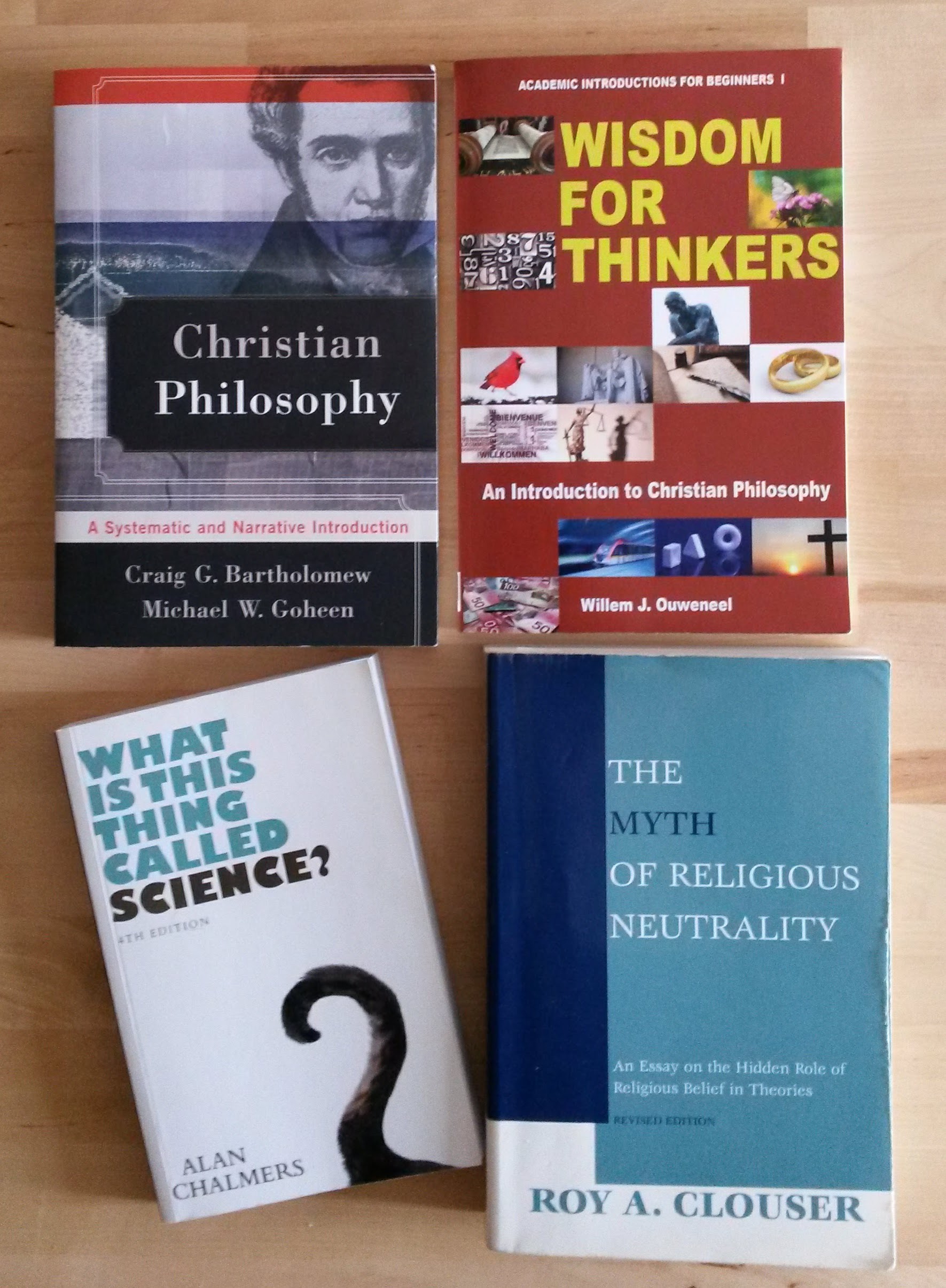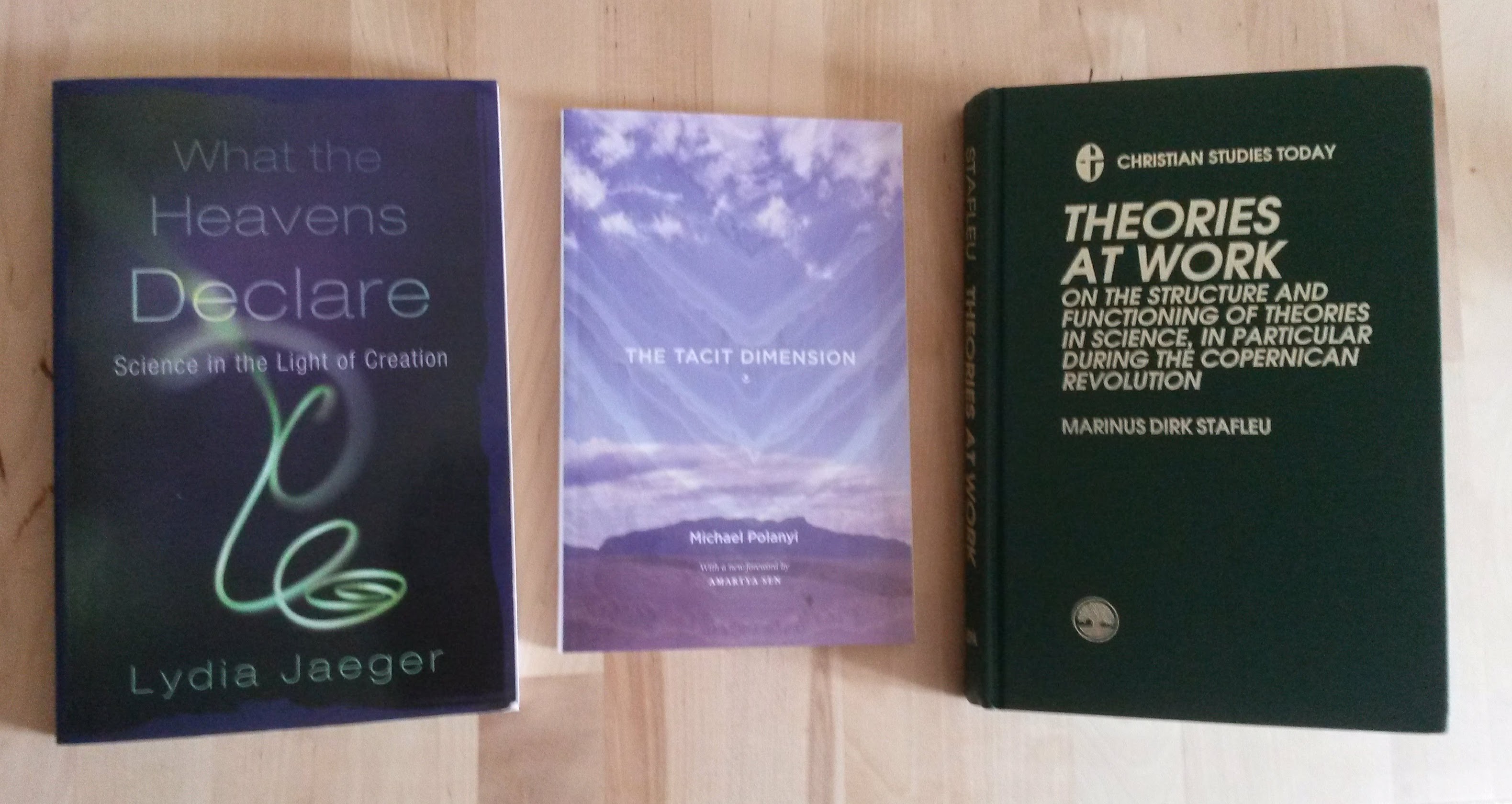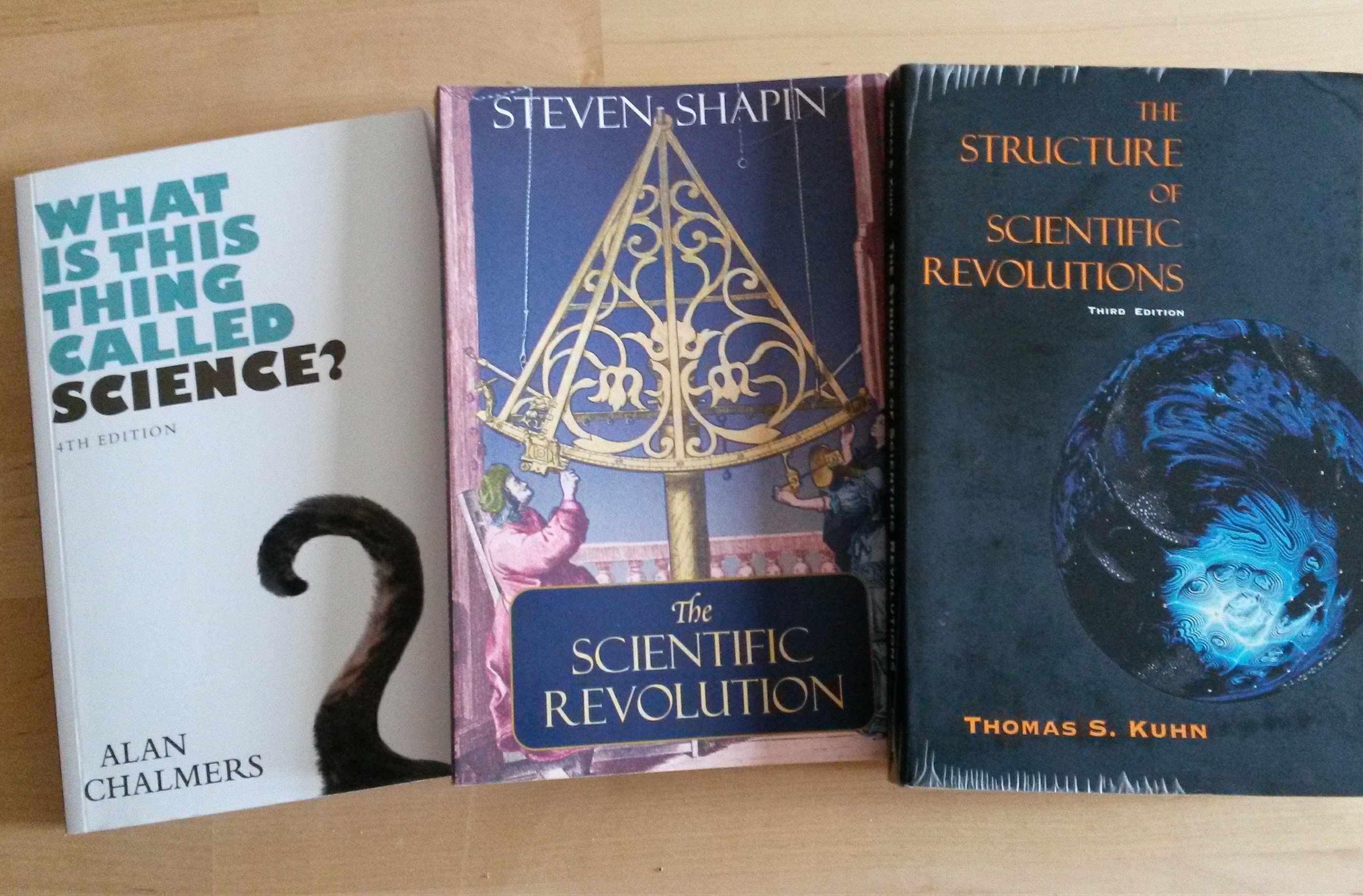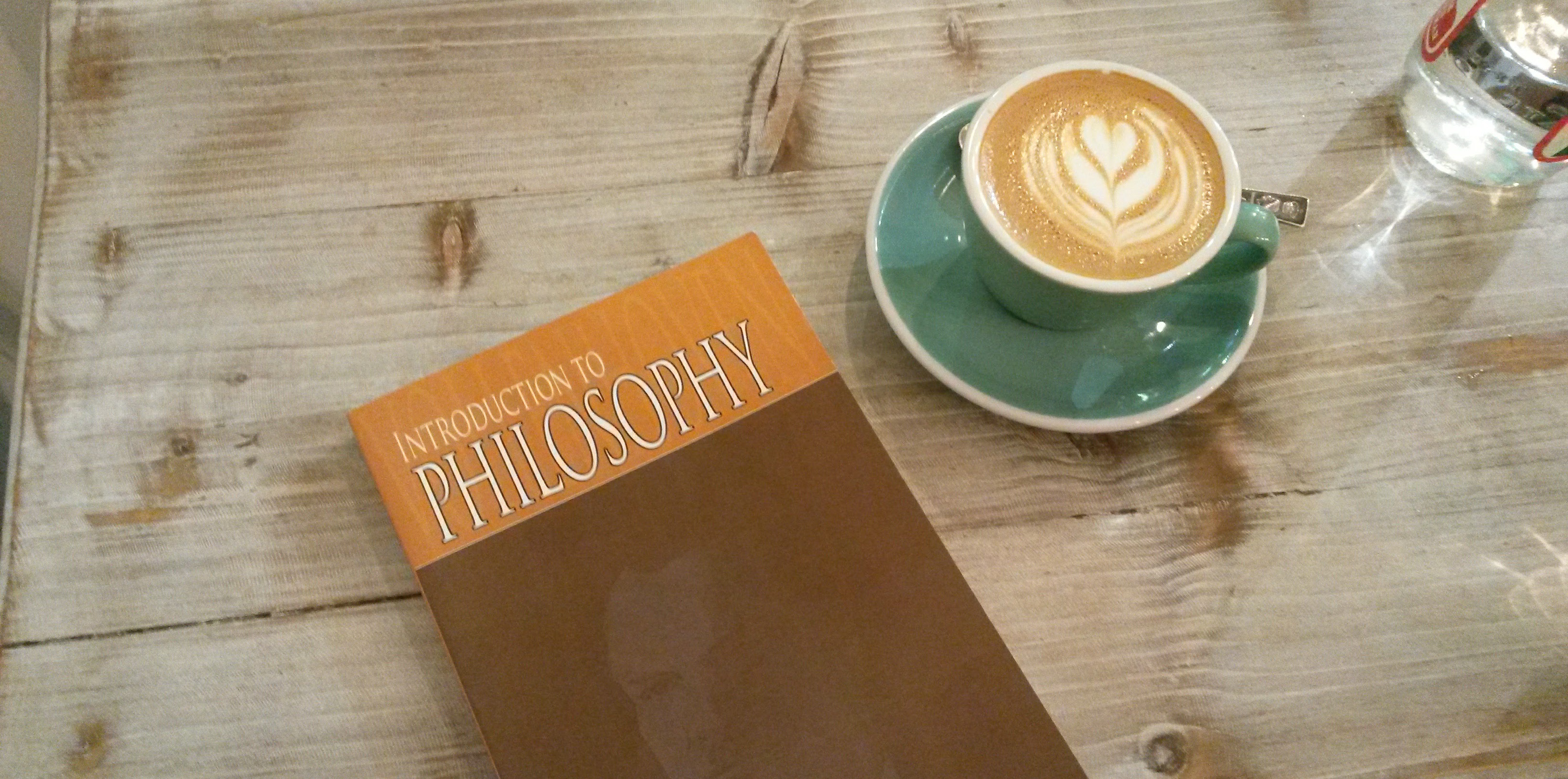While there is a vast literature on Christianity and science, the approach taken in Church Scientific is best presented by only a handful of books. That makes recommendations much simpler…
1. Start here!
Here are the books we recommend starting with.
- Tim Morris & Don Petcher: Science and Grace (2006): A theologically-literate examination of how science works, and how a Reformational vision can help us navigate a middle way between the problems of Modernism and Postmodernism. Highly recommended!
- Charles Thaxton & Nancy Pearcey: The Soul of Science: Christian Faith and Natural Philosophy (1994): A very readable guide to the Christian background to the natural sciences.
- Alan Chalmers: What is this thing called Science? (1978; 4th edn 2013): The best introduction we know to the problem of what scientific progress really is. Although not from a Christian perspective, this book provides excellent background to much of what we discuss in Church Scientific.
- Craig Bartholomew and Mike Goheen: Christian Philosophy: A Systematic and Narrative Introduction (2013): A broad overview of the sweep of Western philosophy, from ancient Greek to modern thought. The final chapters focus on the Christian traditions of Reformed Epistemology and Reformational Philosophy, providing a gateway to what Church Scientific looks at.
- Keith C Sewell: Problems in the “Christian” origins of modern science (Pro Rege 30(4):15-17, 2002): A short article laying out a few points that are distinctive of our approach. How can we relate God’s gracious general revelation to the reality of sin?
- Lesslie Newbigin: The Other Side of 1984 (1983): a short read with very accessible introductions to worldview, the Enlightenment and the thought of philosopher-scientist Michael Polanyi. Newbigin urges a “missionary” engagement with post-Enlightenment culture in place of the privatization of Christian faith that he saw in Britain already 35 years ago.
- Willem Ouweneel: Wisdom for Thinkers: an introduction to Christian philosophy (2014): A short introduction to Reformational philosophy with plenty of general comments about scientific thinking.
2. More advanced reading: Christian writers

- Herman Dooyeweerd: The Secularization of Science (1966): One of the most helpful short articles on the nature of science by the cofounder of Reformational philosophy. [pdf here]
- Roy A Clouser: The Myth of Religious Neutrality (2nd edn 2005): The standard textbook on a Reformational philosophy of religion and science. Clear and friendly!
- Lydia Jaeger: What the Heavens Declare: Science in the light of creation (2012): A sustained elaboration of the philosophical understanding of God’s freedom in creation and how this illuminates the practice of the sciences and the defence of Christian faith.
- Michael Polanyi: Personal Knowledge (1958):
- Michael Polanyi: The Tacit Dimension (1966): Polanyi’s lectures in which he introduces the notion of tacit knowledge and other illuminating features of the human condition that undergird scientific investigation.
- Marinus D Stafleu (2016) Theory and Experiment: Philosophy of science in a historical context. A compelling philosophical account of the systematics of scientific progress, backed up by a historical investigation of developments in physics. [available here]
3. More advanced reading: non-Christian perspectives

Just a few of the most helpful books written from non-Christian perspectives.
- Thomas S Kuhn: The Structure of Scientific Revolutions (1962…2012): the classic picture of scientific progress being mediated by the social structures in which it takes place. Compelling – and ultimately a little unsettlling!
- Paul K Feyerabend: Against Method: Outline of an anarchistic theory of knowledge (1970, 1975, etc): one of the more iconoclastic contributions to philosophy of science, replete with examples that challenge conventional wisdom. [pdfs here: 3 parts + notes]
- Steven Shapin: The Scientific Revolution (1996): a very readable introduction to the 17th-century people, places and activities to which the roots of much modern science can be traced. For those of us trained in the sciences, this is a gloriously fresh take on history of science – treating it as sociology and thereby challenging us to empathise with thinkers whose scientific knowledge was very different.
- as well as What is This Thing Called Science? mentioned under (1) above.

4. Advanced scholarly works
Read these if you want the serious scholarship which has influenced some of the above works!
- Herman Dooyeweerd: New Critique of Theoretical Thought (4 vols: 1969): Dooyeweerd’s magnum opus, with extensive references to Kant and subsequent philosophers in the German idealistic and phenomenological traditions. Not for the faint-hearted, but worth perusing to see how the author combines Christian zeal with erudite scholarship.
- Jeremy GA Ive: The Roots of Reformational Philosophy: a beautiful scholarly unification of the views of the two cofounders of Reformational philosophy: Herman Dooyeweerd and Dirk Vollenhoven, in the context of trinitarian theology. As yet it is unpublished but rumoured to be on its way; for now, seek access through Jeremy’s page on All Of Life Redeemed.
- Daniel FM Strauss: Philosophy: Discipline of the Disciplines (2009): A masterly treatment of Reformational philosophy by probably the world’s foremost expert. If you’ve immersed yourself sufficiently to have deep questions, this tome can probably answer them.
- Marinus D Stafleu: Time And Again: A Systematic Analysis of the Foundations of Physics (1980)








